JULY 2021 Blues Vol 37 No. 7
- Text
- Provaznik
- Applicant
- Applicants
- Academy
- Retirement
- Langley
- Salary
- Wardens
- Enforcement
- Blues
emembering my hero ...
emembering my hero ... ... HPD Officer Kevin Will Concerns of Police Survivors is an organization whose mission is to help rebuild the shattered lives of those family members and co-workers of law enforcement officers that are killed in the line of duty. Sergeant Don Egdorf is a 20-year Veteran of the Houston Police Department who has spent his career working with the DWI Task Force. He has spoken about DWI, Line of Duty Death cases and Peer Support all over the country. Now he tells us about his father and his motivation to work DWI Cases and become involved with MADD. HPD Sgt. Don Egdorf When I graduated from the Houston Police Academy in May of 2001, I never knew how much my life was going to change or how quickly it would happen. Within just a few days of graduation, Officer Albert Vasquez was killed in the same patrol beat where I had just been assigned to train. Even though I had grown up in a police family, and was now a third-generation officer, I had no idea how quickly things would turn. Seeing the aftermath of a line of duty death so quickly changed my perspective a little, and I had no idea how many more changes would be coming. Like most people that have joined, I did not really have a set path that would guide what I did within the department. I knew I was a patrol officer and expected to be doing that for a number of years until I had enough time on the department to get a “more exciting” spot, such as Homicide or K9 (Canine Unit). To say that my father was a big influence on my career would be a gross understatement. While I wanted to follow in his footsteps, I also wanted to forge my own path and experiences. After I had about a year in patrol, I started gravitating to more and more DWI cases. It really wasn’t hard to find DWI’s since I was working in the Richmond Strip area in the Westside Division; and on weekend nights it seems like all I could ever find were drunk drivers. I was able to join the Westside DWI Task Force and worked very hard to try and be the best DWI officer that I could be. DWI Task Force has never really been a position that people looked at as a fun or exciting place to work, but for me, that’s exactly what it became. I soon discovered that over the years, many of the officers that worked in the DWI Task Force, and remained for a lengthy time, had been personally affected by an intoxicated driver - and for me, it was no different. In 1984, when my father was a Beechnut K9 officer, he was hit by an intoxicated driver while assisting with a crash investigation on the Southwest Freeway. His crash changed our lives in more ways that we could have ever imagined, and is really what ended up shaping my career. Fortunately, he survived and recovered, and subsequently, was able to return to work before finally retiring in 1999. In the following years, I transferred to the Traffic Enforcement Division, and did the one thing that no officer ever hopes to become, an expert in working Line of Duty death cases. I have been involved in working hundreds of fatal crash cases; however, the seven on duty police officer fatal crashes are the ones that will never go away. The crash that has stuck with me the most was in May of 2011 when Officer Kevin Will was killed by a drunk driver. Oddly enough, the crash that killed Kevin was very similar to my dad’s crash, and even happened at about the same time – in the early morning hours. Even though there are so many negatives that come from working these cases, there has also been quite a bit of good to come from them. My work with the DWI Task Force has led to a relationship with MADD, Mothers Against Drunk Driving, that started with looking for help on a DWI Awareness Campaign, whereas now, I am the Vice- Chair of the National Board of Directors. I have been chosen to speak on behalf of the Houston Police Department at National Conferences/ Trainings all over the country, and continue to assist as one of the “subject matter experts” for The National Highway Traffic Safety Administration (NHTSA) and International Association for Chiefs of Police (IACP). The hardest part over the years, has not been working the cases themselves, or even the trials; it has been everything that goes along with these things, yet more importantly, what happens once the case is over. After the funeral, trials, memorials, ceremonies and other events, life has to go on - and that is the hardest thing to grasp, at times. How do we get past the emotional trauma that comes with seeing and dealing with these cases? Well, that answer is a little different for everyone, but I can share what has worked for me. As officers, we really do a terrible job of dealing with emotional trauma, and for many years, we had been told to “suck it up” or just “deal with it”, while we struggle internally. The reality is that we need to spend more time on our mental health, and a big part is getting rid of the stigma that there is something wrong with us when we ask for help. We have to ask for help. As officers working line of duty cases, we have so many resources at our disposal, but the first step is that you have to ask for help. I was one of the people that refused to ask for help, and was finally confronted by a friend that pled with me to talk 92 The BLUES POLICE MAGAZINE The BLUES POLICE MAGAZINE 93
- Page 1 and 2:
The BLUES POLICE MAGAZINE 1
- Page 4:
Finally, a Role Model for Young Gir
- Page 8:
and a handheld radio. That was abou
- Page 12:
THE OATH MADE ME A COP I wore unifo
- Page 16:
Laredo PD Improves Officer Safety w
- Page 20:
“Truckin’ for a Cause” Event
- Page 24:
“BAD BOYS, BAD BOYS, WHAT YA GONN
- Page 28:
Chauvin Sentenced to 22 1/2 Years F
- Page 32:
Every PD is Hiring, Salaries Vary f
- Page 36:
At Surfside, Volunteers Shower Firs
- Page 40: Groups Ask, Where’s the Money Nat
- Page 44: WORDS BY MICHAEL BARRON these diffi
- Page 48: TEXAS GAME WARDENS Jennifer Provazn
- Page 52: TEXAS GAME WARDENS OFF THE PAVEMENT
- Page 56: TEXAS GAME WARDENS The legislature
- Page 60: TEXAS GAME WARDENS but new technolo
- Page 64: TEXAS GAME WARDENS Rickel’s unit
- Page 68: TEXAS GAME WARDENS In July of 2013,
- Page 72: TEXAS GAME WARDENS *NOTE: Before be
- Page 76: Katie’s Seafood House 2000 Wharf
- Page 80: When the Music Ends BY Retired NYPD
- Page 84: NBC’s Lester Holt Fails to tell t
- Page 88: Attitudes toward officers makes pro
- Page 94: to someone. I started out with our
- Page 98: Deputy Sheriff William H. Smith Bal
- Page 102: Now is Time to Plan for September D
- Page 106: MARKET PLACE - DISCOUNTS FOR FIRST
- Page 110: 110 The BLUES POLICE MAGAZINE The B
- Page 114: WASHINGTON COUNTY SHERIFF’S OFFIC
- Page 118: MAKE A DIFFERENCE IN YOUR COMMUNITY
- Page 122: Come join the Plano Police Departme
- Page 126: MILAM COUNTY SHERIFF'S OFFICE WE’
- Page 130: Kendall County Sheriff’s Office T
- Page 134: ALIEF I.S.D. POLICE DEPARTMENT STAR
- Page 138: 138 The BLUES POLICE MAGAZINE The B
- Page 142:
142 The BLUES POLICE MAGAZINE
Inappropriate
Loading...
Mail this publication
Loading...
Embed
Loading...


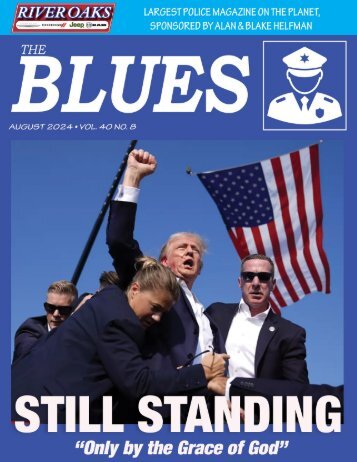
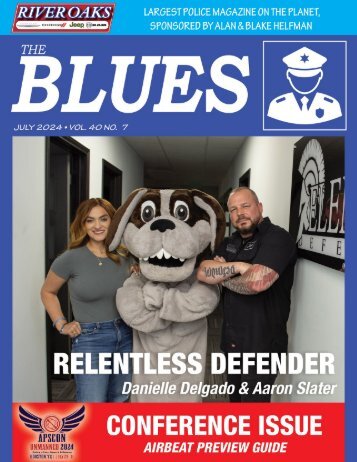
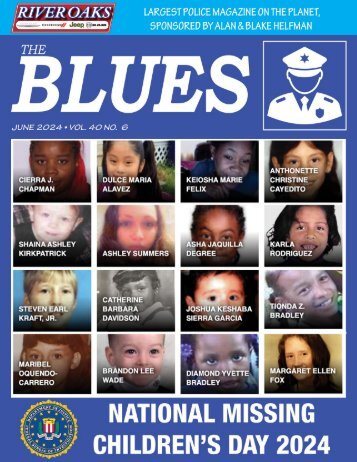
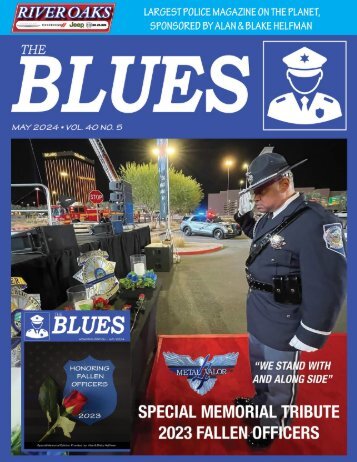
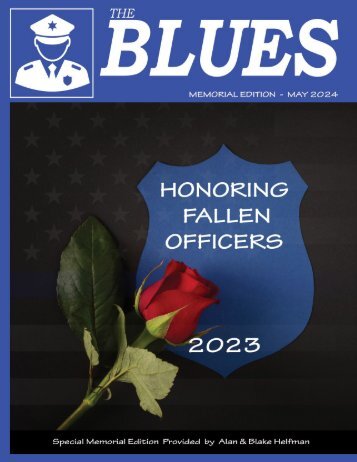
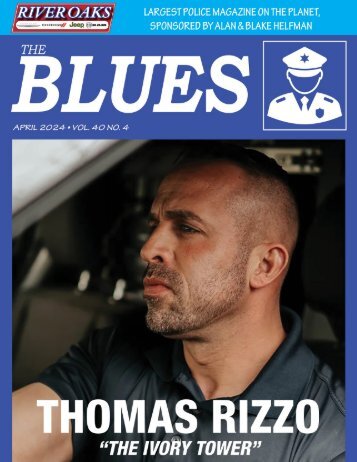
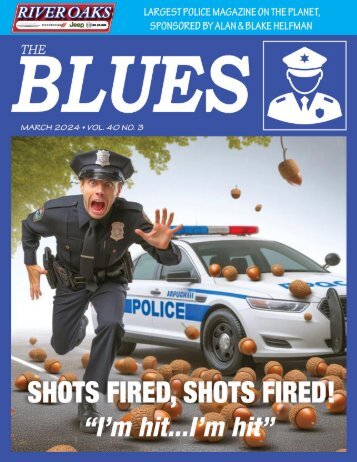

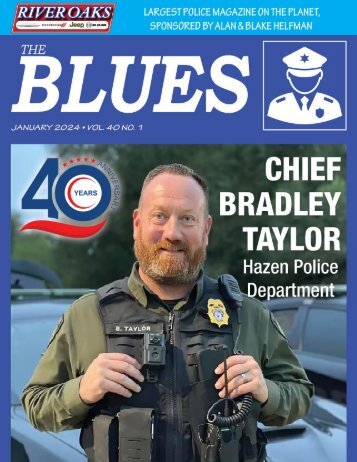
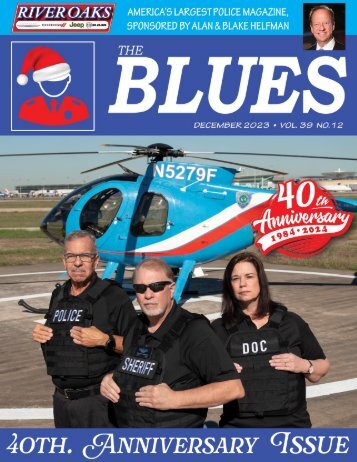
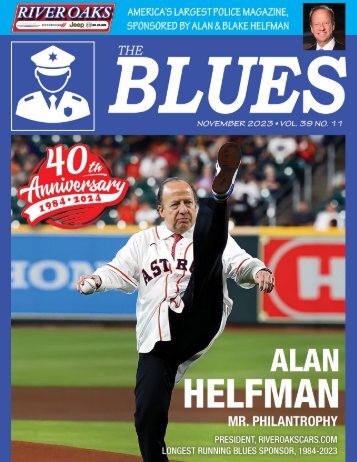
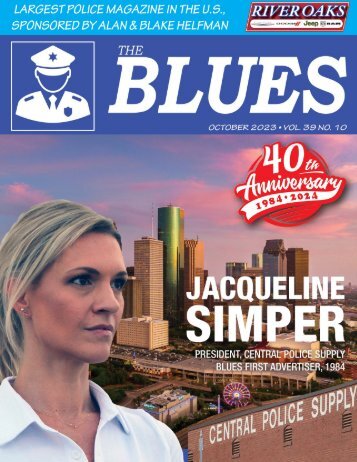
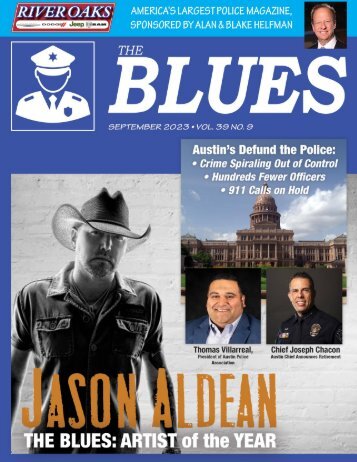
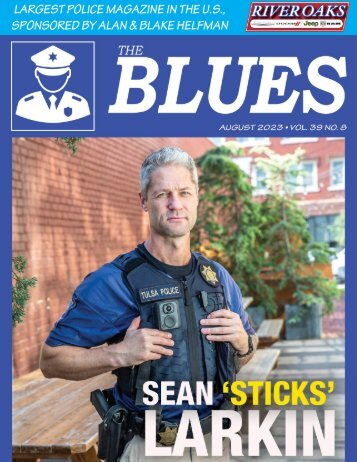
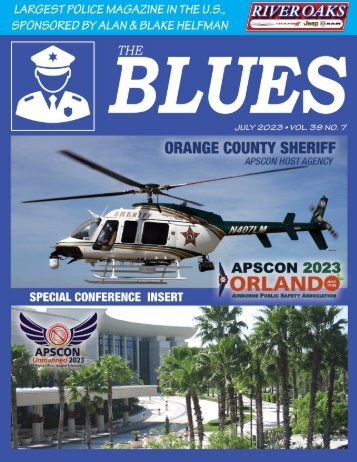
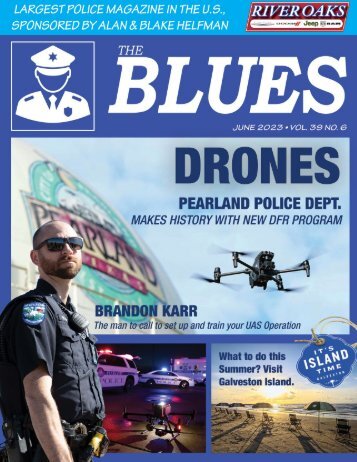
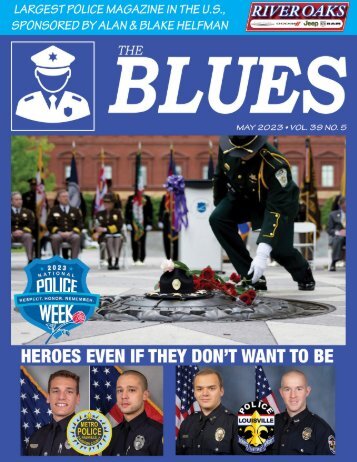
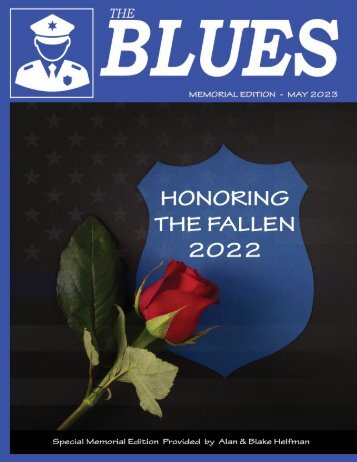
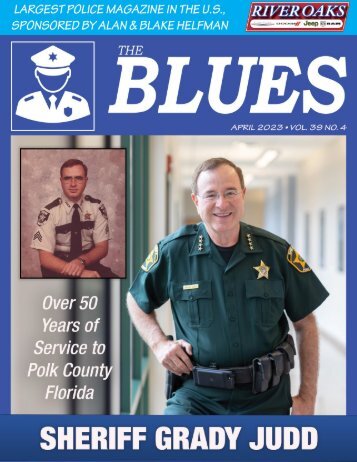
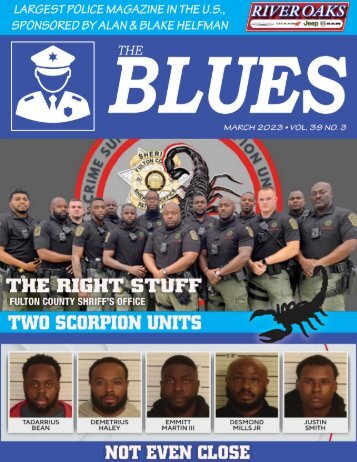
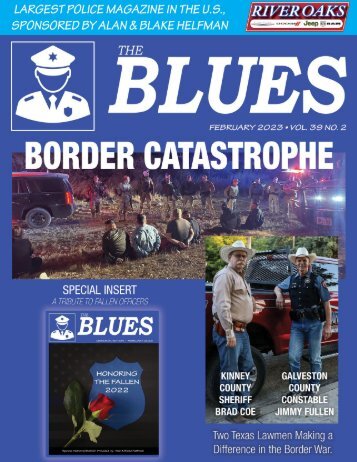
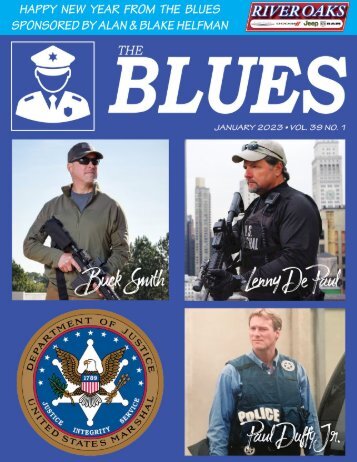

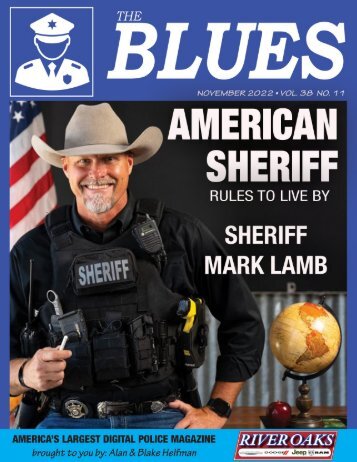
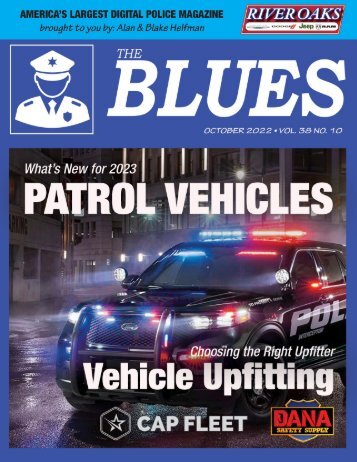
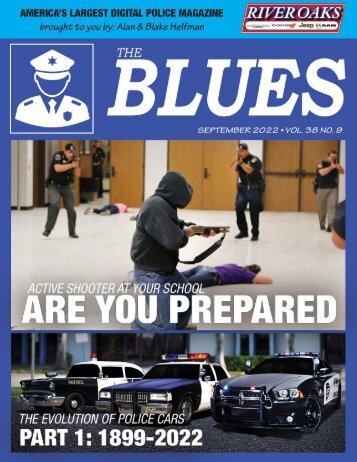
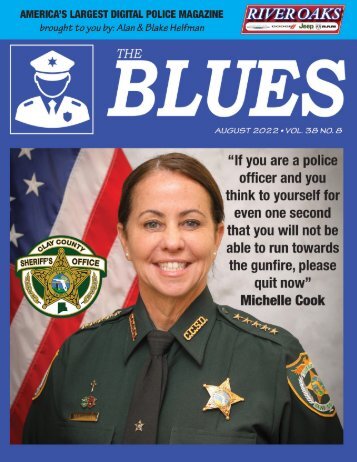
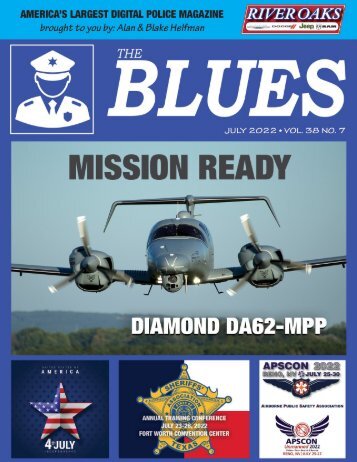
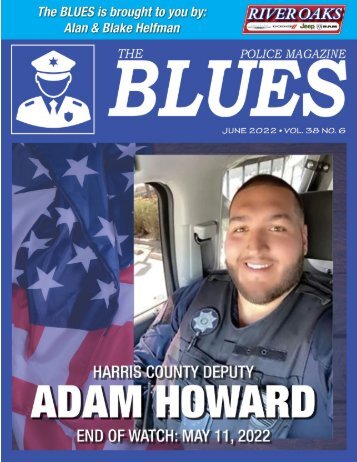
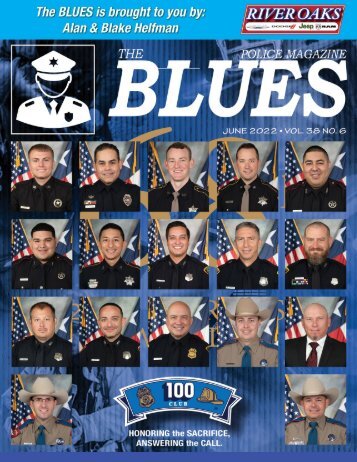
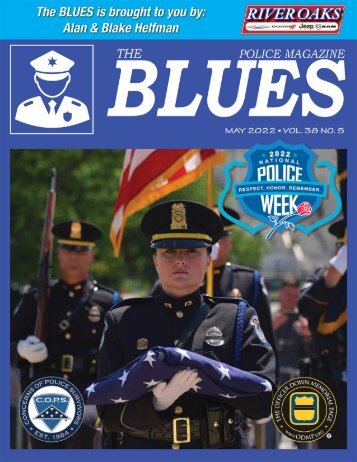
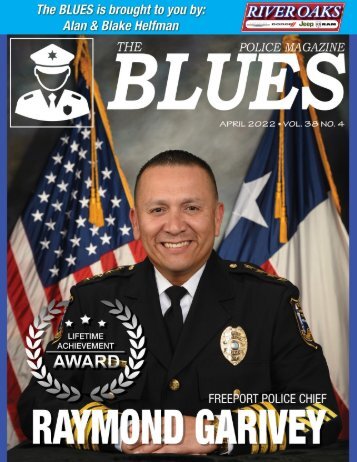
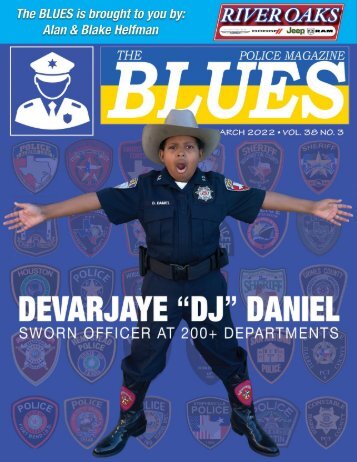
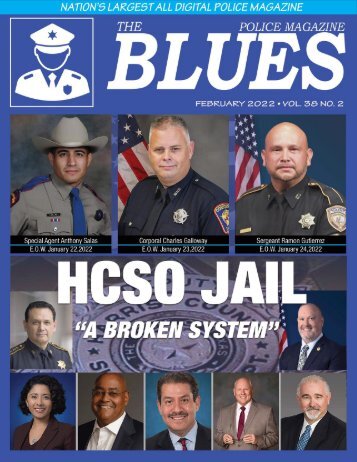
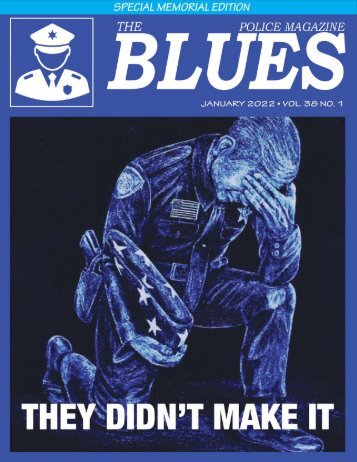
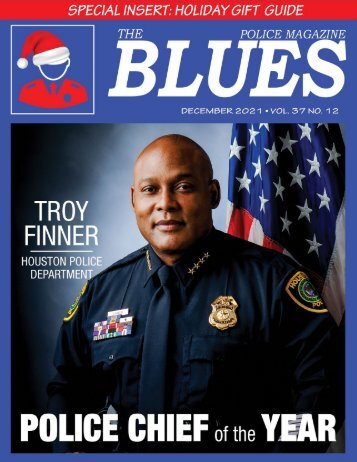
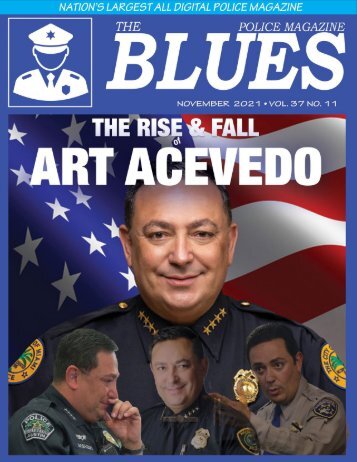
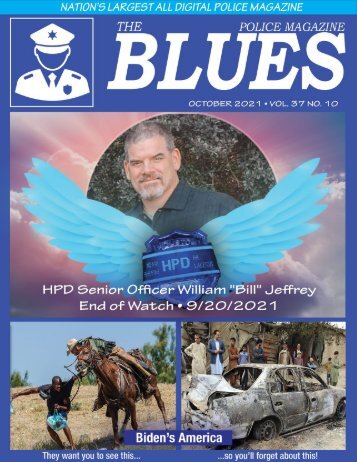
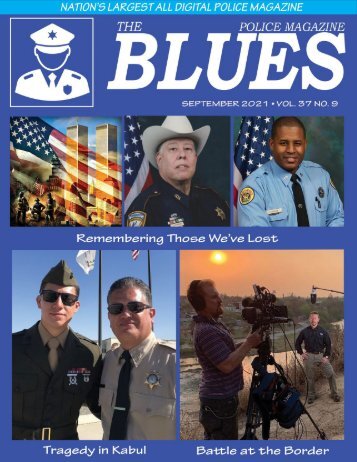
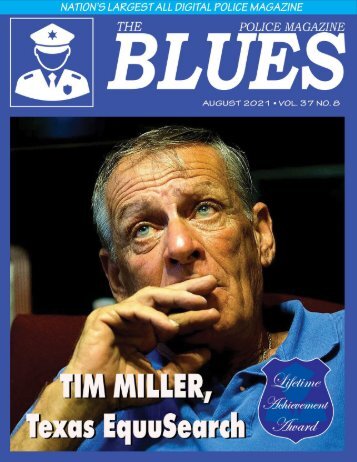
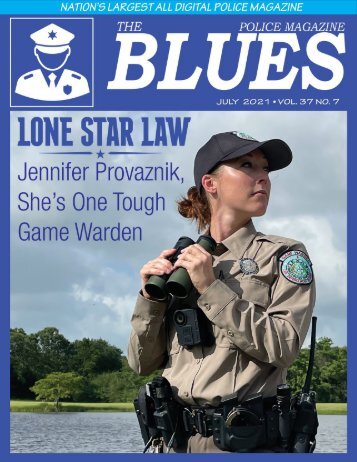

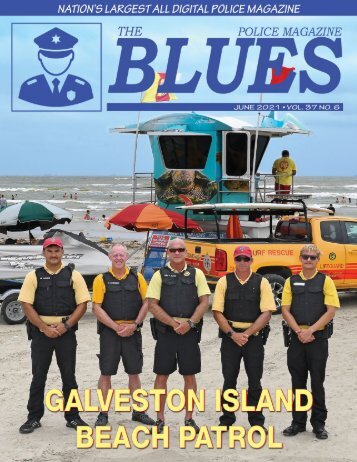

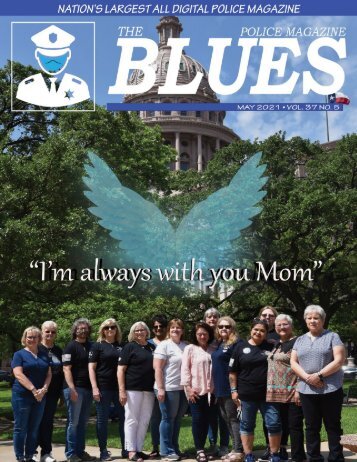
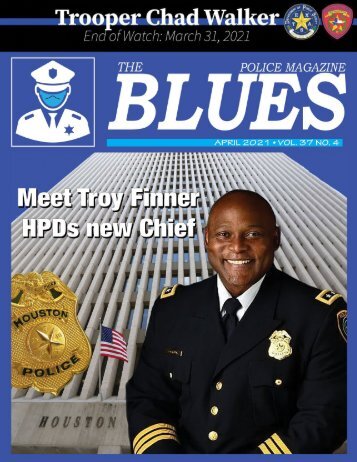
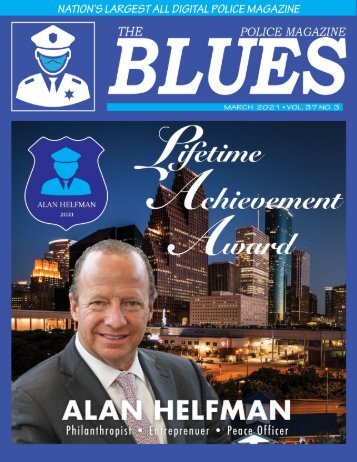
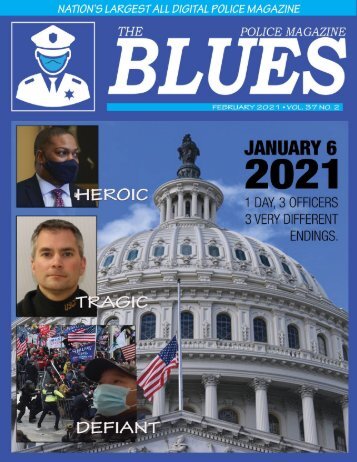

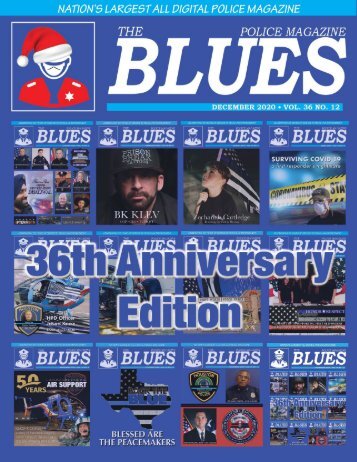
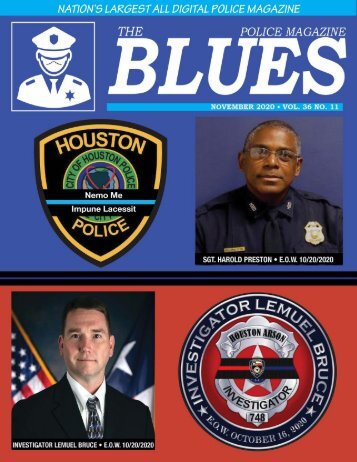
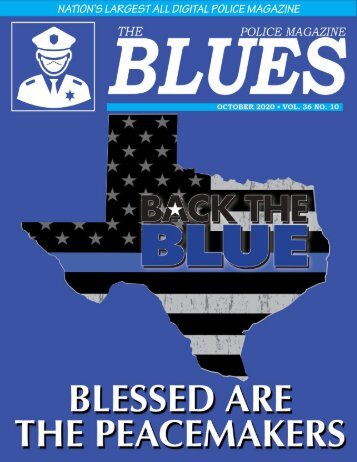
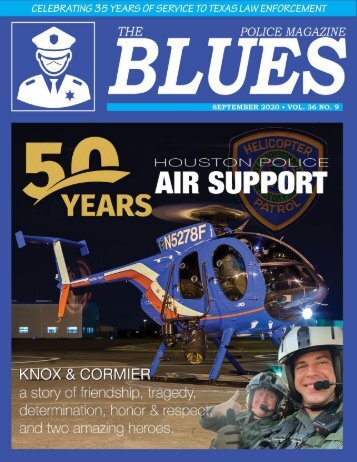
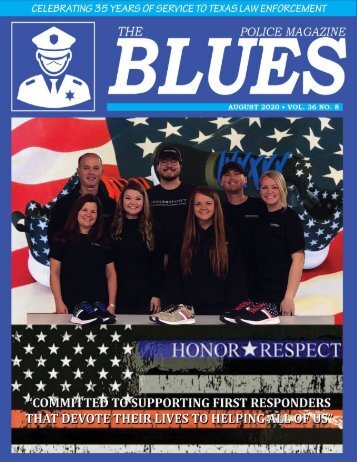
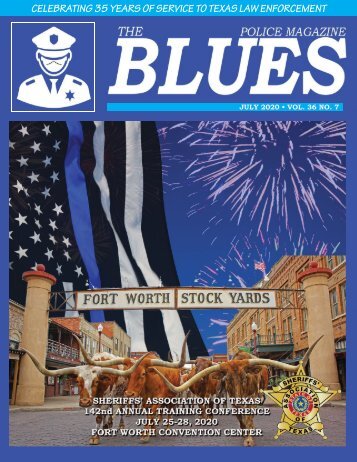
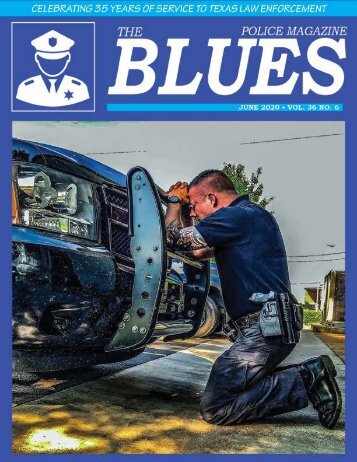
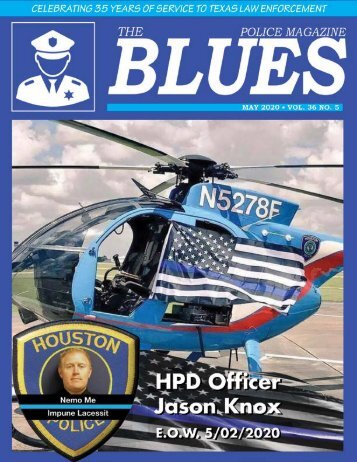
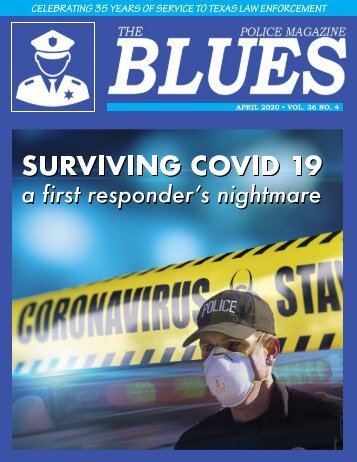
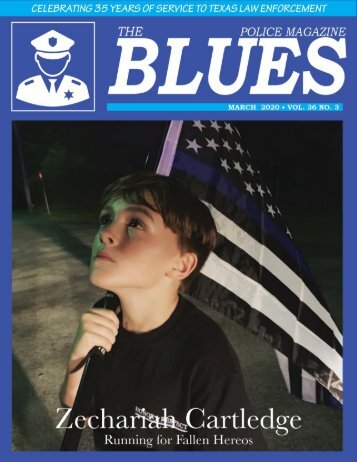
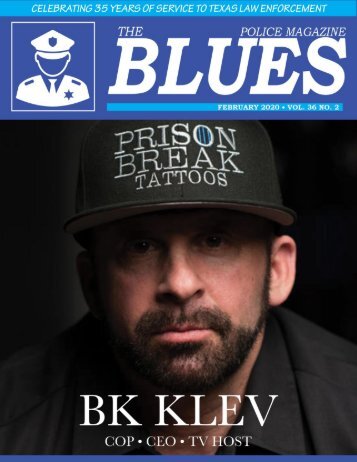
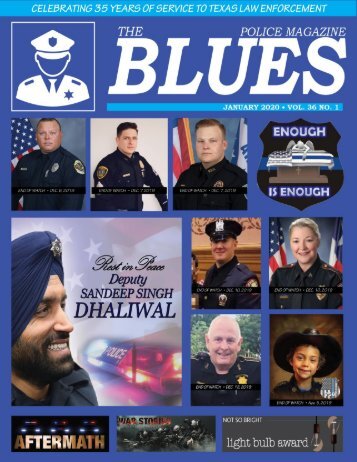
Follow Us
Facebook